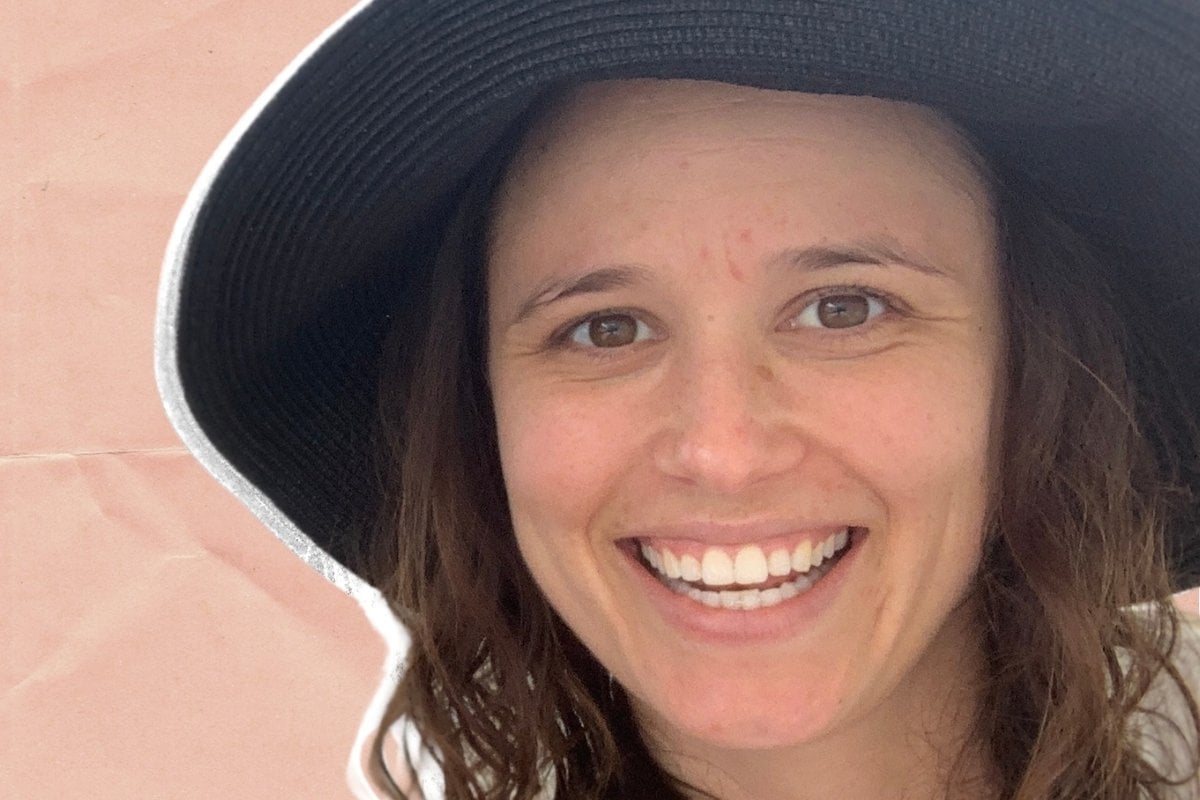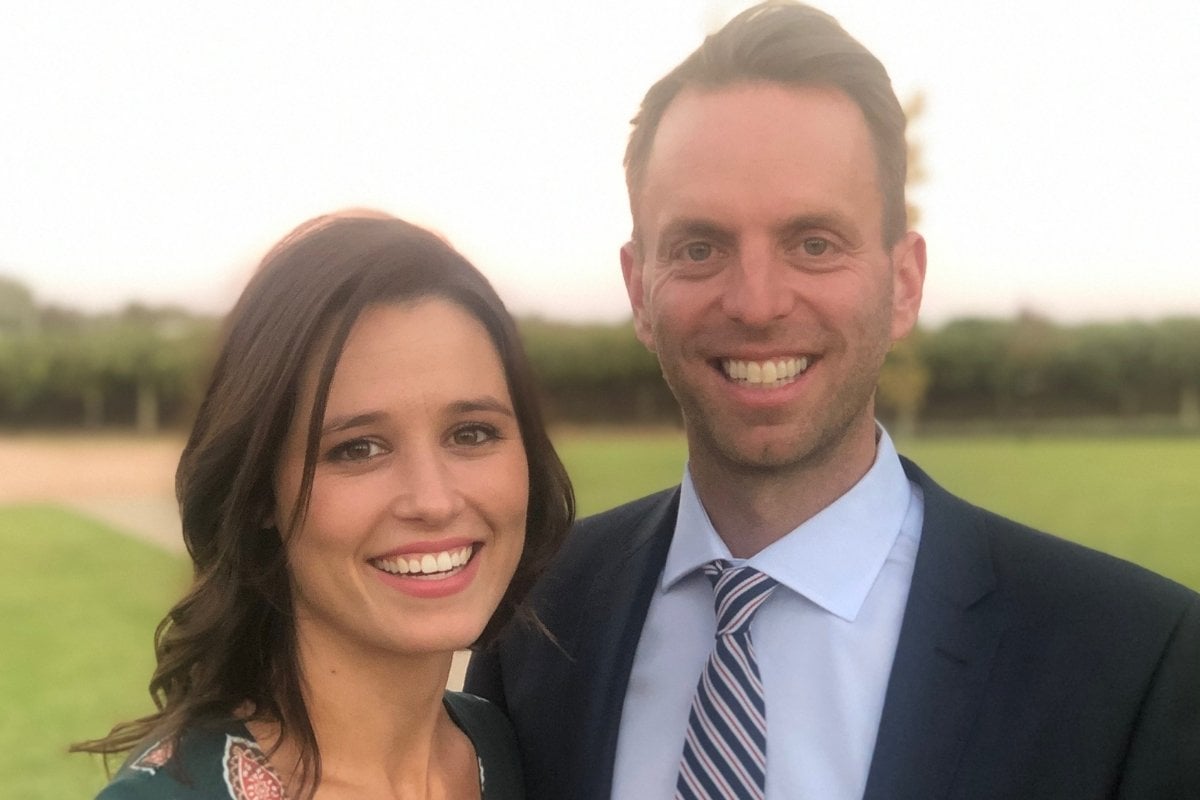
Ever since I was seven years old, I have suffered from Obsessive Compulsive Disorder (OCD). But because I wasn’t compulsively washing my hands or checking that I’d turned the oven off, I didn’t realise it until I was well into my adult years.
When I was in my mid-20s, I came across an article in The Guardian by a woman in the UK who had suffered from a particular form of OCD often called 'Pure O'.
This kind of OCD is characterised by intrusive, unwanted thoughts without any visible compulsions. The thoughts often centre on taboo themes such as harming yourself or others, sexual orientation, paedophilia, or relationship decisions, and the compulsions are usually carried out through constant rumination.
This article saved my life.
Up until then, I had thought that I was, at best, an overly anxious person and at worst, a depraved sex-obsessed pervert. I didn’t know that I was mentally ill. And until you can put a name on something that you’re suffering, you can’t talk about it and you certainly can’t find a way to fix it.
What I’ve come to realise is that there is so much misunderstanding when it comes to this mental illness.
To a lot of people, OCD is a mild inconvenience. It’s making sure that you colour-code the books on your bookshelf. It’s vacuuming every day because you don’t like mess. It’s being a detail-orientated person who loves control and order. It’s just a quirk though. One you can laugh about, right?
No.



Top Comments